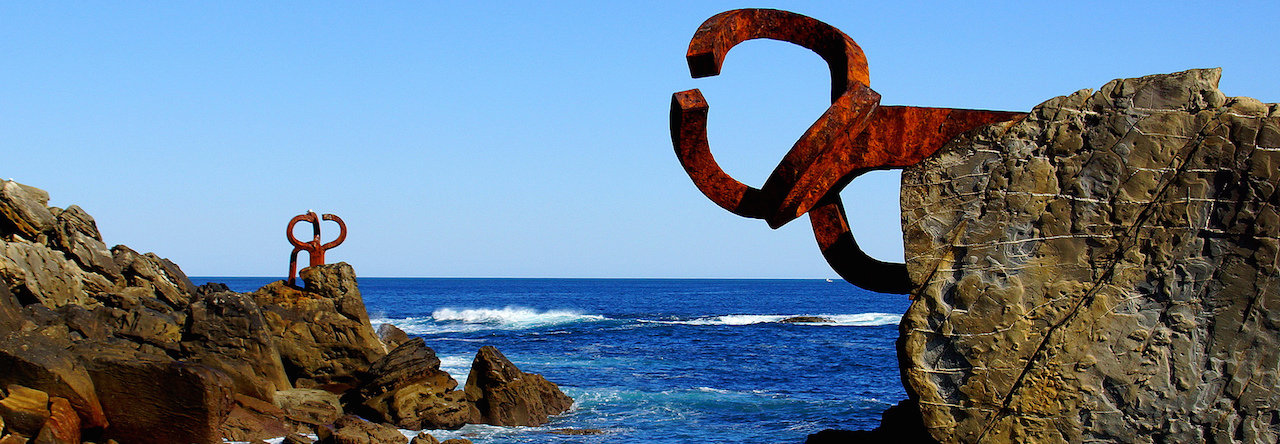The 2012 Global Go To Think Tanks Report and Policy Advice is the most updated source we have (apart from books and academic papers which are published less regularly) to know the evolution of think tanks. It is based in a survey conducted among journalists, experts and institute officials. «The Program’s Rankings remain the first and most comprehensive ranking of the world’s top think tanks, and are based on an annual global peer and expert survey of over 1950 scholars, policymakers, journalists, and regional and subject area experts».
It gives a outstanding position to American and Anglosaxon centres because they represent the avant-garde of this political phenomenon. But at the same time, it shows a bit biased results. If you know in depth the think tank environment of a certain country, you will see the data and descriptions the report manages are superficial. It is the counterpart of launching a big research with lack of sources. However, as we have no better authority on the field, we should trust in its findings. Dr MacGann is doing a good job in the last years.
The authors of the report have worked with more than 4,000 think tanks. Although they say that we have seen an authentic explosion in the creation of this kind of organizations, the growth is decreasing in the last years. But they also point out that «despite this recent trend, think tanks continue to increase their role and influence in countries around the world. The potential of think tanks to support and sustain democratic governments and civil societies around the world is far from exhausted».
A winner statement, it is clear. In fact, the study offers its main weakness in not providing neither quantitative nor qualitative account of this formidable influence. We have to presume that as think tanks are principally a tool for powerful people who have conquered the economic sphere and want to gain also the political arena, the increasing number of institutes has consequences over the balance of the public debate. Meanwhile, not few experts are waiting for a strong evidence of the role of think tanks proposals in the creation and, more important, spread of public policies. Like oter similar pieces, this report offer a big amount of data and rankings, but after more than five editions, it is time to adopt a more substantive approach.
I summarise some of the key findings of the report, which can be read fastly (unless you are member of a think tank and want to review if you are cited. It is human):
- Think tanks are a really global phenomenon. They are not only working in democracies, but also in authoritarian regimes (There, they are suppossed to educate the elites who will lead to the future democracy. What happens if freedom is not arriving?)
- They grow because of the extension of information technologies, the reinforcement of democracy all over the world and more important, because of the crisis of confidence about professionals o politics (parties and officials). And we have to highlight another good reason: the promotion of these entities as a tool for public diplomacy on behalf of the great powers has helped a lot. In fact, one of the most interesting questions is the development of think tank networks. Let’s talk about this feature in other post.
- Think tanks have been affected by the economic and political crisis. We can explain different reasons of the certain decline, at least in the growth rate: millionaires and the public sector (which subsidized many think tanks in Western Europe, for example) have less resources to fund political ventures. Money goes directly to lobbyng, more efficient in the short time. And one important argument is that a majority of organisations, like economist have no known to anticipate the crisis and they do not provide magic solutions for the recovery. Do not forget think tanks were originally created to give a practical and useful advice on the improvement of public policies. Most of them have been converted in a ideological family office for business men, political parties, journalists and retired officials.
- The think tank environment is maturing. The reporters see more specialization of institutes and an increasing competence. There are more a more actors in the political marketplace. The crisis has driven the birth of many grassroots movements from the Left which compete with the traditional political elites to influence in the public affairs agenda setting.

Deja una respuesta